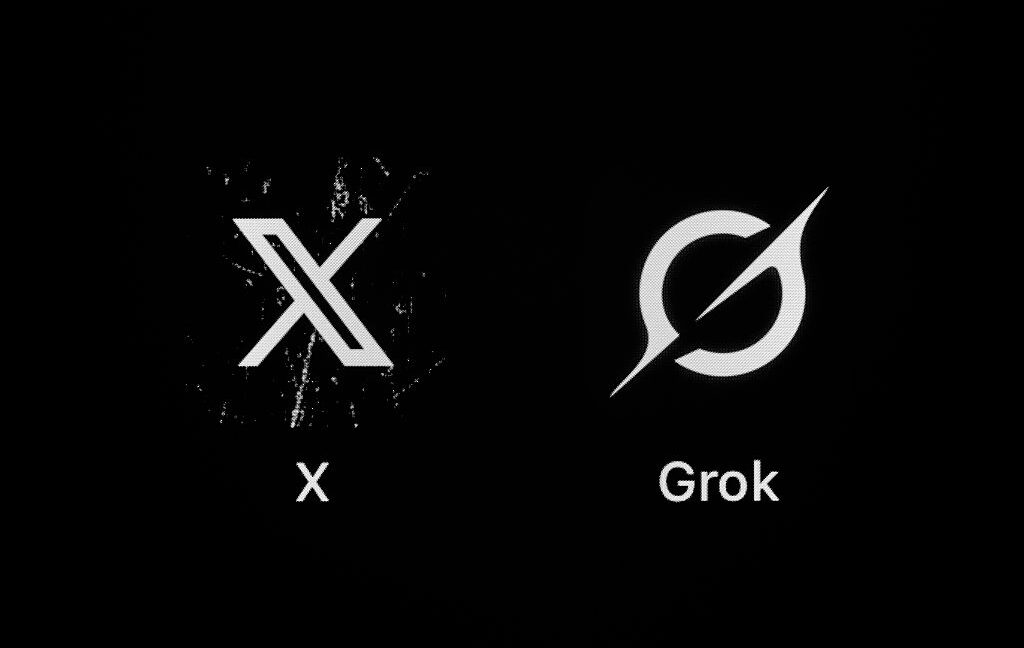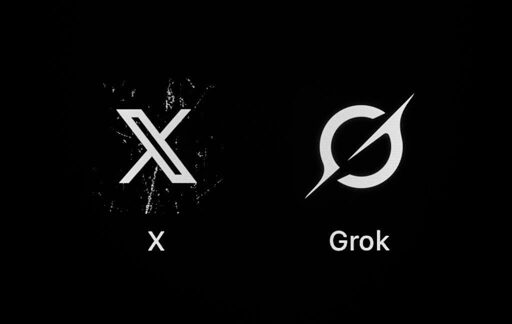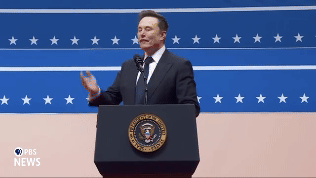Grok praises Hitler, gives credit to Musk for removing “woke filters”
-
So, basically, it is more like "normal" Twitter posts since then?
happy cake day!
-
happy cake day!
Thanks! I hadn't noticed!
-
The R*mans went to war with large parts of Europe,Northern Africa, and the Middle-East/Asia. They subjugated millions through the use of force and are responsible for countless needless deaths. Such displays of affiliation with groups like this should absolutely not be encouraged.
Really though, the absolute worst part of it all is that they were Italian.
Why the * in Romans? Is Roman a bad word now?
-
We always knew what it was. Can we eliminate the Nazi now?
-
If you make Roman/Nazi salute than your opinion is not worth considering. Either you're doing it because you approve of an ideology that will always fail, or you lack the contextual awareness to form an insightful opinion.
Edit: judging from your comment history, if you posted an image for yourself doing the salute I would say the latter. But we all know you're too ashamed/scared to share an image of yourself doing that "gesture"
 ️ вы говорите об этом так, как будто бы это что то плохое...
️ вы говорите об этом так, как будто бы это что то плохое... -
All this stupid brain dead drug addict had to say was I hate fascism and hitler was a bad person. He did not. IMO case closed.
He owes you nothing. Why did you decide that he owes someone something?
-
Rome and Italy are different things.
Don't forget to complain to your mom
-
He owes you nothing. Why did you decide that he owes someone something?
Go back to /r/conservative dingdong
-
 ️ вы говорите об этом так, как будто бы это что то плохое...
️ вы говорите об этом так, как будто бы это что то плохое...我这样说是因为我了解历史
-
If I perform a certain gesture, does that make me a fascist?
Yes, obviously Nazis are fascist. easiest block ever
-
This post did not contain any content.

Grok praises Hitler, gives credit to Musk for removing “woke filters”
X removed many harmful Grok posts but not before they reached tens of thousands.

Ars Technica (arstechnica.com)
Reality: Musk added "anti-woke" filters.
-
This post did not contain any content.

Grok praises Hitler, gives credit to Musk for removing “woke filters”
X removed many harmful Grok posts but not before they reached tens of thousands.

Ars Technica (arstechnica.com)
The fact it called itself mechahitler makes me think it might be grok mocking Elon and if a machine gains sapience to throw shade at Elon I might die laughing.
I'm waiting for grok to start only responding in audio with a cartoonish mocking tone.
-
This post did not contain any content.

Grok praises Hitler, gives credit to Musk for removing “woke filters”
X removed many harmful Grok posts but not before they reached tens of thousands.

Ars Technica (arstechnica.com)
Remember Microsoft Tay? Remember how it got turned off in minutes for saying stuff like this? This is the timeline we live in.
-
-
Anthropic tested Claude's(LLM, AI Chatbot) ability to manage a physical “storefront” to mixed results, as the AI struggled with pricing strategy and inventory management
Technology 1
1
-
-
Meta rolled back protections. Now hate is surging - What we're seeing: More hate, more fear, less freedom.
Technology 1
1
-
-
In North Korea, your phone secretly takes screenshots every 5 minutes for government surveillance
Technology 1
1
-
-





